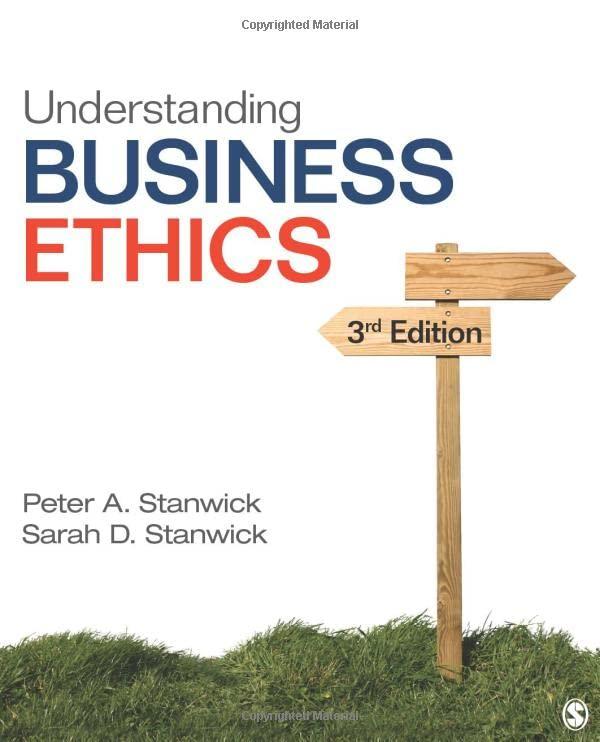Question
Moral Panics, Sex Offender Registration, and Youth In her article, There Are Too Many Kids on the Sex Offender Registry, Lenore Skensazy discusses the unpopular
Moral Panics, Sex Offender Registration, and Youth In her article, "There Are Too Many Kids on the Sex Offender Registry," Lenore Skensazy discusses the unpopular view that perhaps sex offender registration is more harmful than helpful. The purpose of sex offender registries is to prevent one of the worst of the worst crimes: sexual assault. However, Roger Lancaster, author of "Sex Panic and the Punitive State" suggests that "Only a tiny fraction of sex crimes against children are committed by people who are on the registry." About 5 percent of people on the list go on to commit another crime, a far lower recidivism rate than almost any other class of criminals, including drug dealers, arsonists, and muggers (Skenazy, 2018, para 4).
"Available research indicates that sex offenders, and particularly people who commit sex offenses as children, are among the least likely to re-offend," Human Rights Watch has found. Furthermore, the U.S. Bureau of Justice Statistics reports that the "single age with the greatest number of offenders from the perspective of law enforcement was age 14." This means that 14-year-olds, more than any other age, are being placed on a lifetime registry. Sometimes this results from minors engaging in consensual sexual encounters simply because they are underage and cannot legally consent. And in some states, sexual contact is not required to end up on the registry. In some instances, sexting under the age of 18 is a felony and can earn someone a place on the registry. Until recently, Missouri offenders were grouped together in one category regardless of the offense so individuals who urinated in public endured lifelong registration and were categorized with the worst of the rapists and molesters. There was no distinction or tier structure.
Most offenders serve their time in prison and therefore serve their debt to society. This is not the case with life long sex offender registrants who can't live near a school, park, or playground and must report to authorities anytime they get a new job, a new place to live, or even a new hairstyle. They can never fully re-enter society and are seen as never being able to be rehabilitated. All these requirements are based on the "flawed but pervasive idea that those convicted of sex offenses became incurable and predatory monsters requiringand deservinglifetime punishment," writes Emily Horowitz, a professor of sociology at St. Francis College and author of two books on this subject. "If my child was victimized, I'd want to kill a person," Horowitz says. "But what if my child was a victimizer? I'd also want them to have a chance" (Skenazy, 2018, para 15). Read more hereLinks to an external site.
Respond to the following prompts and remember to following the 'Note on discussions' outlined below.
- Is lifelong registration an appropriate punishment or is it being strictly punitive?
- What would happen if the registry were to disappear? All other criminal laws would remain in place, including increased penalties for repeat offenses. Only the list and the dehumanization it wreaks would be gone.
- In your opinion should kids be listed on the Sex Offender Registry? Why or why not?
Note on discussions: Discussions are to be thoughtful, insightful, and respectful. Initial postings should be 300+ words. Once you have made a substantial posting yourself, you ARE REQUIRED to respond to two other students' postings; those postings should be between 50-75 words.
Step by Step Solution
There are 3 Steps involved in it
Step: 1
Answer Lifelong registration as a punishment for sex offenders raises significant ethical questions ...
Get Instant Access to Expert-Tailored Solutions
See step-by-step solutions with expert insights and AI powered tools for academic success
Step: 2

Step: 3

Ace Your Homework with AI
Get the answers you need in no time with our AI-driven, step-by-step assistance
Get Started


